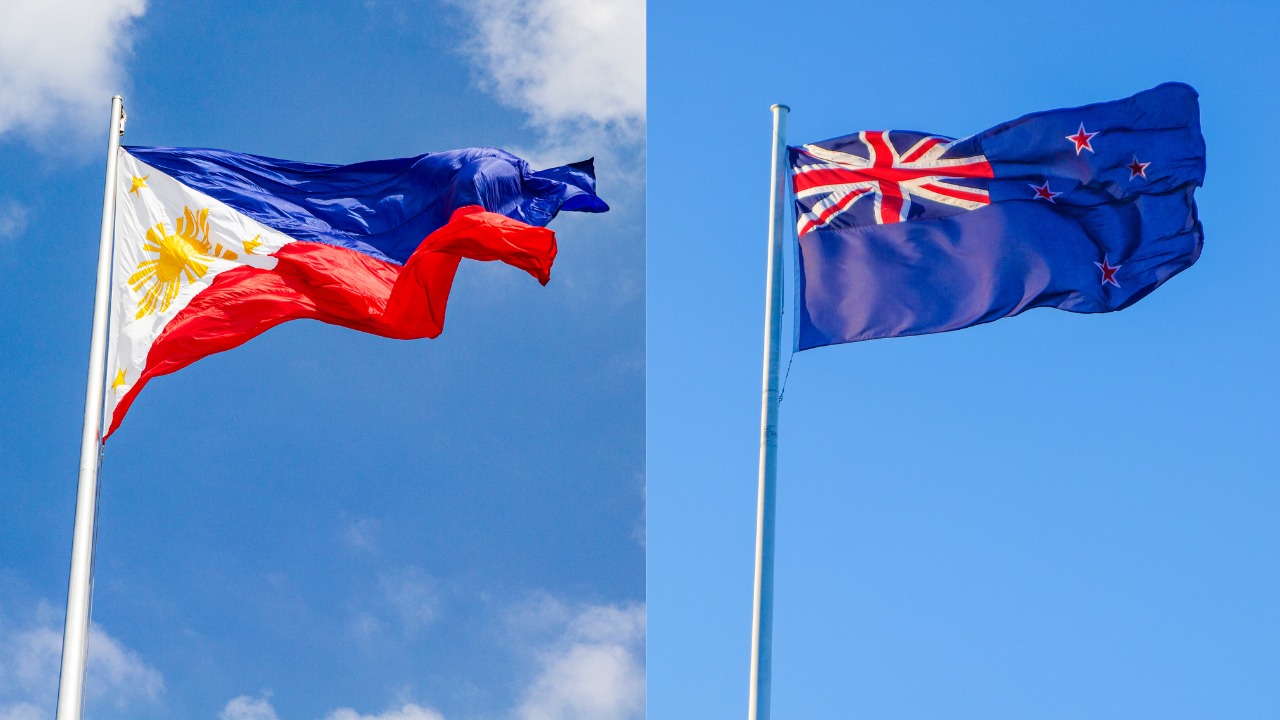
INQUIRER.net stock images
MANILA, Philippines — The Philippines and New Zealand are set to commence a “very serious discussion” on enhancing their defense agreements, particularly the Status of Visiting Forces Agreement (SOVFA) in the coming weeks, according to Foreign Affairs Secretary Enrique Manalo.
Speaking at a press conference on Monday, Manalo said the matter is now under active consideration.
“I think that is an issue which is now under active consideration by the Philippines and New Zealand and we expect to commence very serious discussions on this matter in the coming weeks and [I] expect we should be making progress too in the near future,” Manalo told reporters when he was asked whether or not negotiations on SOVFA have formally started.
READ: PH, New Zealand to sign enhanced defense agreements by end of 2024
In April 2024, President Ferdinand “Bongbong” Marcos Jr. and New Zealand Prime Minister Christopher Luxon agreed on enhancing their nations’ defense cooperation.
Among those that were agreed upon include the signing of SOVFA as well as the Mutual Logistics Supporting Arrangement.
READ: New Zealand’s Deputy PM to visit PH this week to boost diplomatic ties
Months after the two leaders’ meeting, Manalo hosted New Zealand’s Minister of Foreign Affairs Winston Peters in Manila.
During their meeting, Peters and Manalo discussed the “enduring friendship” between New Zealand and the Philippines. They also exchanged views on the matters involving the Indo-Pacific, including the South China Sea.
They agreed on the vital role that international law, particularly the United Nations Convention on the Law of the Sea, plays in ensuring peace in the region.
‘Shift on maritime safety’
In the same press conference, Peters said New Zealand is working on ensuring that maritime safety, as what was agreed upon in the United Nations Convention on the Law of the Sea (UNCLOS), remains in place.
“We have called out every offense, whether it is an offense against the Philippines on every occasion…. in short, we are trying to make our commitment to ensure that the maritime safety and entitlement [in the] South China Sea is where it was when we all agreed to the United Nations Convention at that point in time,” said Peters when he was asked about the impact of the tension in the West Philippine Sea on the regional stability and security in Asia.
“There has been a shift, not by us, not by [the] Philippines, but by others. The shift is not justified – there’s no logic to it. There’s no international rationale to it,” he added, without elaborating further.
Peters then emphasized that what they are merely asking for all nations is to observe “no change at all from the original commitments made.”